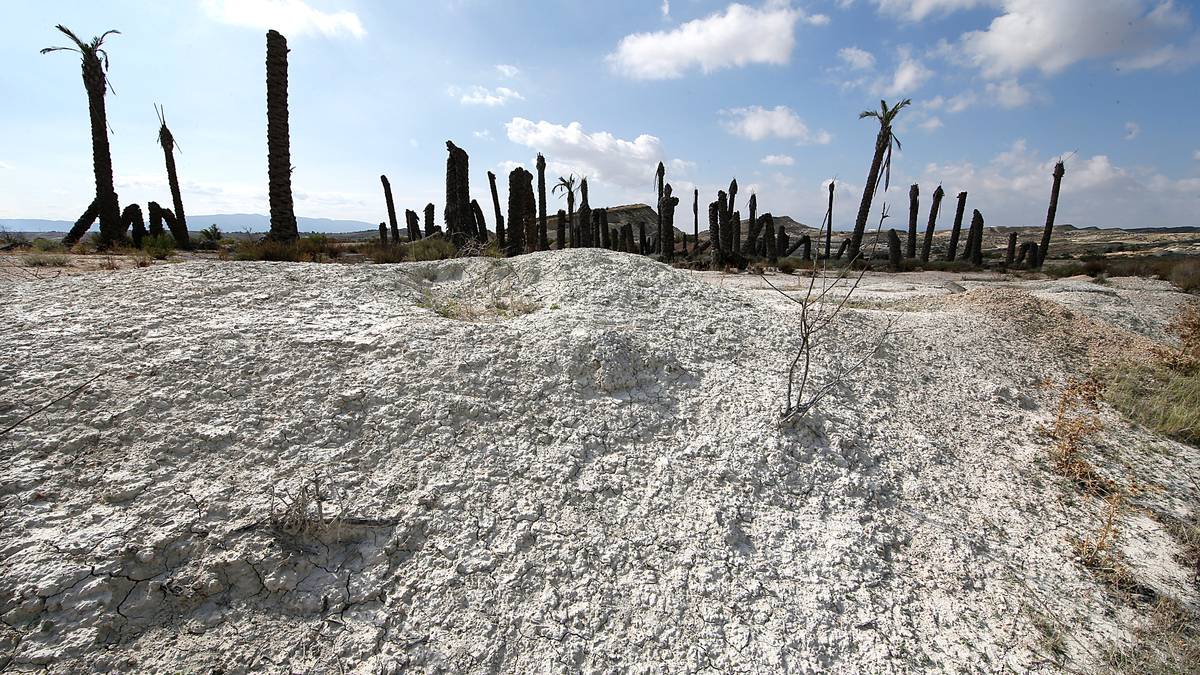A little over 200 years ago, in 1800, the planet had around a billion inhabitants. Just a century later, the population had increased by another 600 million.
Today, there are about 8 billion people on the planet and, according to the UN, this number is reaching a maximum. in 2086 with 10.4 billion people.
According to a new study Is this growth unsustainable for our ecosphere, and there is a risk of “demographic correction” before the end of the century.
It was Canadian researcher and professor emeritus at the University of British Columbia in Canada, William Rees, who prepared the study. It is published in the journal World.
He argues that we are using the Earth’s resources at an unsustainable rate and that our natural tendencies as human beings make it difficult for us to correct this situation.
In the study, Rees writes:
“Homo sapiens evolved to reproduce exponentially, expand geographically, and consume all available resources.”
The result could be a kind of civilizational collapse “that corrects” the world population, the researcher believes, according to the report. Scientific alert.
In the worst case, this could happen before the end of the century, he estimates.
Scientists don’t think we’ll exceed 11 billion people
– Disagree
Biologist and professor Dag O. Hessen is familiar with Rees’ article, but does not entirely agree with it.
– The likelihood of a collapse of civilization exists locally and regionally in the sense that infrastructure and production systems collapse, but I find it hard to imagine this happening on a global scale, Hessen said at Dagbladet.
And he believes that a demographic collapse is much less likely.
– I don’t believe in mass death. We are a hardy species, he said.
However, he believes that parts of the planet could become uninhabitable, that we could experience mass migrations and difficult times.
– Population growth may slow more quickly than we thought, says Hessen, who has already addressed the subject in an article on Forskning.no.
– backs up
If we take the term “collapse” literally, we have to go back to the Stone Age, at least to pre-industrial times, emphasizes Hessen, who does not think this will happen in the next 80 years.
– Collapse is a violent word, which means that we return to the beginning. However, I think we should expect major changes and there is no doubt that difficult times lie ahead, believes Hessen.
– Due to extreme weather conditions, I believe we will experience more regional and local collapses, as well as a decline in goods and services. I think the whole world will experience great hardship and there will be an overall decline in living standards, he said.
He further believes that there are many reasons to abandon the idea of increased growth in consumption and purchasing power.
– You see that floods, fires, heat and extreme weather conditions are taking their toll and overwhelming the production apparatus, and this is going to get significantly worse, says Hessen.
– Expression of opinion
It should be noted that the magazine World, in which Rees published his predictions, belongs to the publisher MDPI, writes Forskning.no.
This is a commercial publisher that charges for publication. The publisher publishes many articles and has been criticized for the fact that peer review is not always as thorough.
Hessen tells Dagbladet that this in itself is not a reason to strike the article.
– This has become quite common with such payment logs. However, this is Ree’s opinion, as he interprets the available data. It’s the same thing I’m doing here, but I come to a slightly different conclusion, says Hessen.

“Hardcore coffee specialist. Unable to type with boxing gloves on. Devoted internetaholic.”






:quality(70)/cloudfront-eu-central-1.images.arcpublishing.com/mentormedier/A3KE6FB5BGLI6ZU7MUKKB5IG2M.jpg)